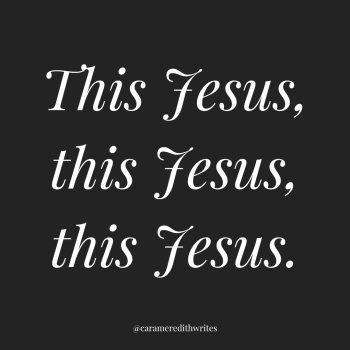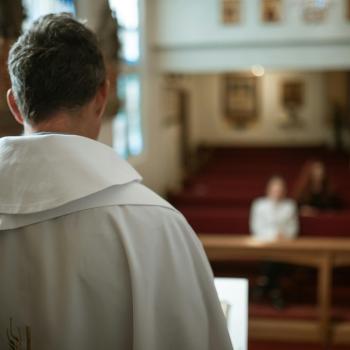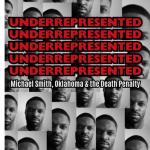
The first character is the synagogue leader. It’s troubling that we are given his name when we are not given the name of the woman who shows up next in the story. She will remain nameless, but we all get to know Jairus’ name. This synagogue leader lived in a certain social location within his social system. He possessed privilege, power, and authority.
Welcome Readers! Please subscribe to Social Jesus Here.
(Read this series from its beginning here.)
The woman’s social location was vastly different. First, she was a woman in that society. And while she may have been at one point a wealthy woman (indicated by her spending all of her money on doctors), her present social location is on the edges of society. She may have found community on those margins, but she also may have not. Her medical condition caused her to shunned according to the law:
“When a woman has a discharge of blood for many days at a time other than her monthly period or has a discharge that continues beyond her period, she will be unclean as long as she has the discharge, just as in the days of her period. Any bed she lies on while her discharge continues will be unclean, as is her bed during her monthly period, and anything she sits on will be unclean, as during her period. Anyone who touches them will be unclean; they must wash their clothes and bathe with water, and they will be unclean till evening. When she is cleansed from her discharge, she must count off seven days, and after that she will be ceremonially clean. On the eighth day she must take two doves or two young pigeons and bring them to the priest at the entrance to the tent of meeting. The priest is to sacrifice one for a sin offering and the other for a burnt offering. In this way he will make atonement for her before the LORD for the uncleanness of her discharge. You must keep the Israelites separate from things that make them unclean . . . ” (Leviticus 15:25-31)
I find it fascinating that the author of this story spends so much time making the fact that she touched Jesus so significant. This woman, living separately from the rest of her society, took the risk of touching even the hem of Jesus’ garment in hopes that that would not be enough contact to contaminate him. Her own self image and self-loathing here is painful. But her touch doesn’t make Jesus unclean. In fact, in our story, touching Jesus makes her clean instead. There is so much we could make of how the early Markan community viewed Jesus being communicated here. They had encountered something in Jesus that had changed their lives. For them, Jesus was the source for that which had been life-giving.
When we put the synagogue leader and the woman from these two stories together, we begin to see what liberation theologians call the practice of a preferential option for the marginalized. The synagogue leader’s daughter was at the point of death. Yet Jesus pauses in the urgency of reaching her. In our story, Jesus could have looked at this marginalized woman and said he didn’t have time right now, come back later, or even no. Instead Jesus stops and makes time for her.
Practicing a preferential option means prioritizing the well-being of the powerless in society. We typically practice a preferential option for the powerful. In fact, if our story this week was typical, Jesus would have preferred the synagogue leader because of who and what he was. But in our story, Jesus practices a preferential option for the woman. Jesus is standing squarely in the Hebrew prophetic justice tradition here. He stops and puts this woman first: the last shall be first and the first shall be last.
While they wait, the synagogue leader’s daughter does die, and it looks like this story will affirm the social assumption that if we take care of those considered less than in our society then there won’t be enough for everyone else. But the story is not over, yet. It takes a sharp turn and we’ll consider that, next.
(Read Part 3)
Are you receiving all of RHM’s free resources each week?
Begin each day being inspired toward love, compassion, justice and action. Free.
Sign up here:
https://renewedheartministries.com/Contact-forms/?form=EmailSignUp
















